America's population of seniors is expected to surge by 40% over the next 25 years — a shift that could spark a crisis of aging, as most people remain unprepared for longer lives, according to new research from the MIT AgeLab and insurance company John Hancock.
Americans are lagging in readiness to handle the demands of greater longevity, ranging from managing the cost of a longer retirement to maintaining their health in old age, according to the inaugural Longevity Preparedness Index, or LPI, from the MIT AgeLab, a research institute focusing on improving the quality of life for older people, and John Hancock.
The problem goes well beyond saving for retirement — another area where Americans are known to fall short — and touches nearly every aspect of aging, from building community in later life to preparing for care when people can no longer look after themselves. Some people may fail to plan simply because they underestimate their own longevity, with earlier research by Stanford University retirement expert Annamaria Lusardi finding that Americans generally believe they'll die younger than statistics predict.
"Believe it or not, longevity is quite new — we've always had older people, but never this many older people living this long," Joe Coughlin, founder and director of the MIT AgeLab, told CBS News. "We can't look to our parents, saying 'This is how they did it.'"
Preparing for a long old age isn't all about money, although that remains an important part of retirement readiness, said Brooks Tingle, CEO of John Hancock, told CBS. While Americans are living longer, they're spending more years in poorer health, which raises additional issues around preparing for longer retirements than prior generations, he noted.
A 65-year-old woman has a 40% chance of living to age 90, while men the same age have a 30% chance of reaching that age, according to Lusardi's research.
The study analyzed eight aspects of longevity preparedness:
- Social connection: Relationships with family, friends and community.
- Finance: Having enough saved for retirement and old age.
- Daily activities: Keeping busy with meaningful daily activities.
- Care: Identifying who will care for you if you need assistance, understanding the costs of care and having advance directives in place.
- Home: Modifying your home to prolong independence in old age.
- Community: Access to health care, stores, recreation and transportation.
- Health: Developing positive physical, mental, and cognitive behavioral habits to maintain health as you age.
- Life transitions: Preparing for major changes like retirement, the death of a loved one and more.
U.S. adults scored an average of 60 out of 100 across the eight areas, which MIT and John Hancock said signifies that Americans' general longevity preparedness is low.
"Preparedness is, yes, about saving money, but really it's practically being aware of other things you'll have to do, like 'What should I do, who am I going to live with,'" Coughlin said. "Your Zip code is probably your bigger predictor of quality of life, not your 401(k)."
Care emerged as Americans' weakest area of preparedness, with an average score of 42 out of 100 on the LPI. The strongest domain was community, where people scored 70, suggesting greater readiness for maintaining access to stores, health care and recreation as they age.
The price of long-term care, such as assisted living facilities, can easily cost $6,000 per month or more, placing it out of reach for many Americans. But smaller, less costly steps can also make a difference, such as identifying friends or family members who could step in to help if you ever need extra support, Tingle noted.
"It's not just, 'Will I need intensive care?' but 'Who is going to change the lightbulb for me when I'm 91?,'" Tingle said. "A big takeaway is just to start these conversations."
He added, "Most families don't ever talk about these things."
To be sure, saving for retirement can ease many of these issues, ranging from having the resources to pay for long-term care to modifying your home with grab bars and other additions that can prolong independent living. On average, Americans scored a 64 for financial preparedness, but the study found a large gap between those with few assets and people with wealth.
Those with less than $50,000 in investible assets had an overall longevity preparedness score of 56, while those with more than $3 million in assets scored 65, the survey found. People with financial advisers scored a 65, while those without ranked 7 points lower, it noted.
"Those who had financial advisers had better scores — of course they did better. The better financial advisers don't just advise you on your wealth, they help you anticipate what will come tomorrow," Coughlin noted. "You have someone who is asking you to think about what those future plans are."
He added, "Most of us are hacking longevity, and we figure it out day after day." But he said he hopes the LPI will "change the cultural narrative" about aging by shifting the conversation beyond money to include how people can plan how to live and find purpose in their later years.
Edited by Anne Marie D. Lee

.jpeg)
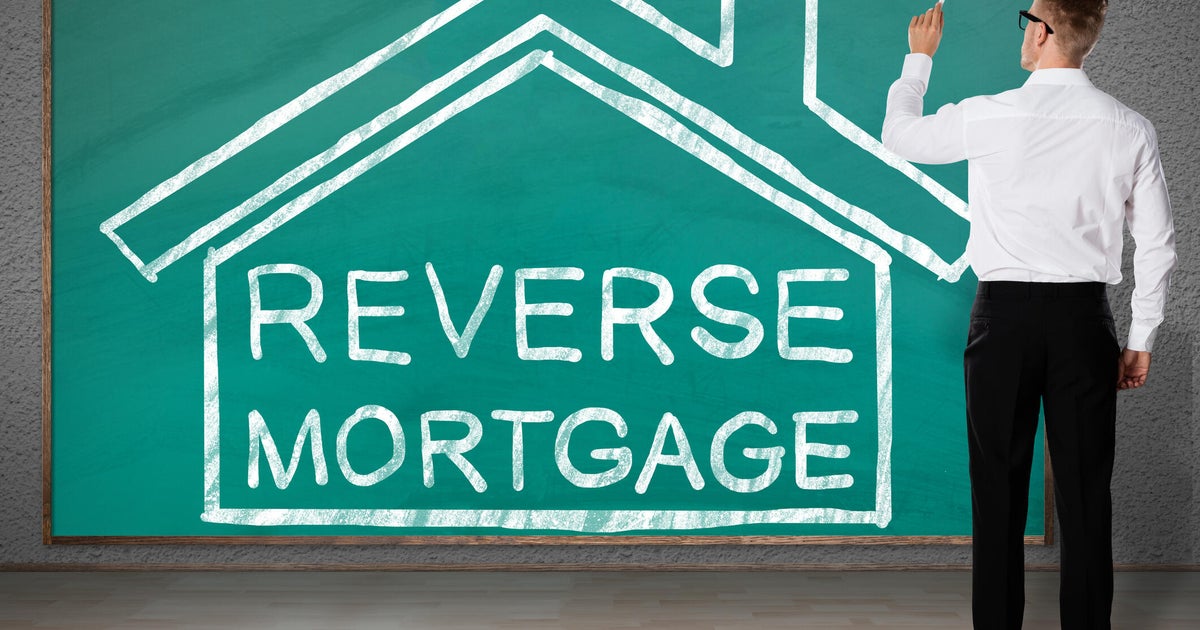


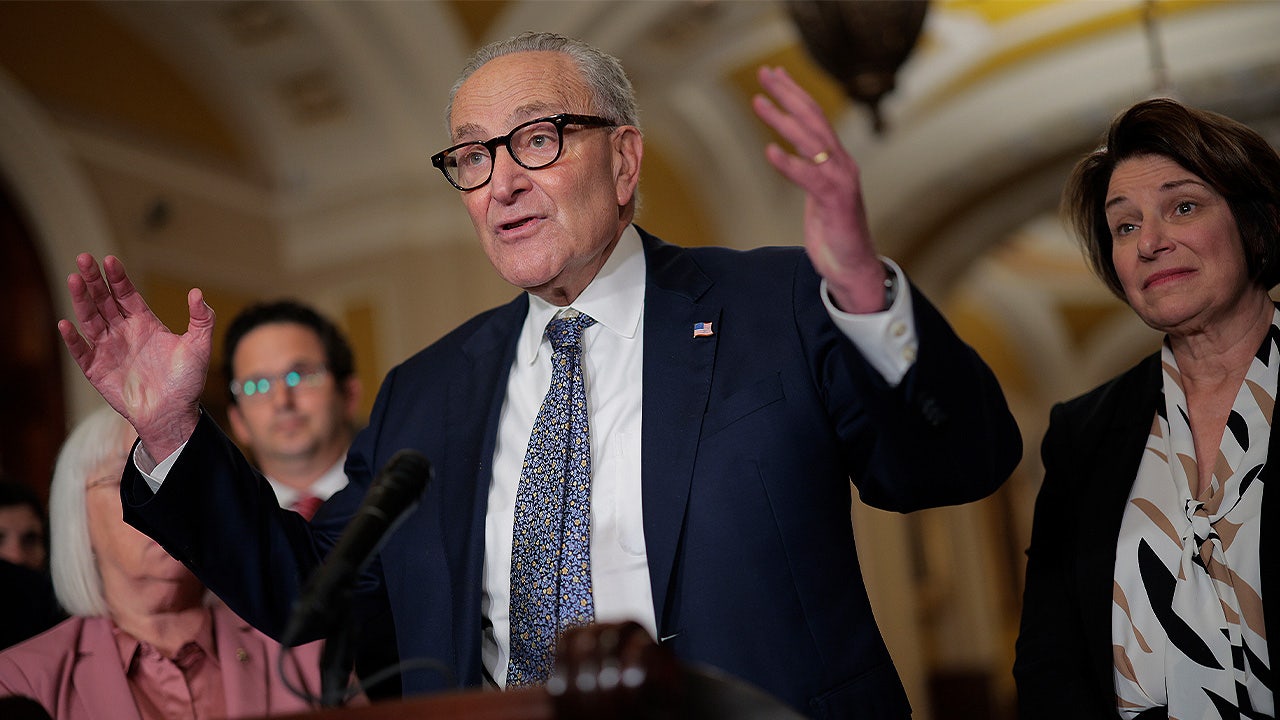
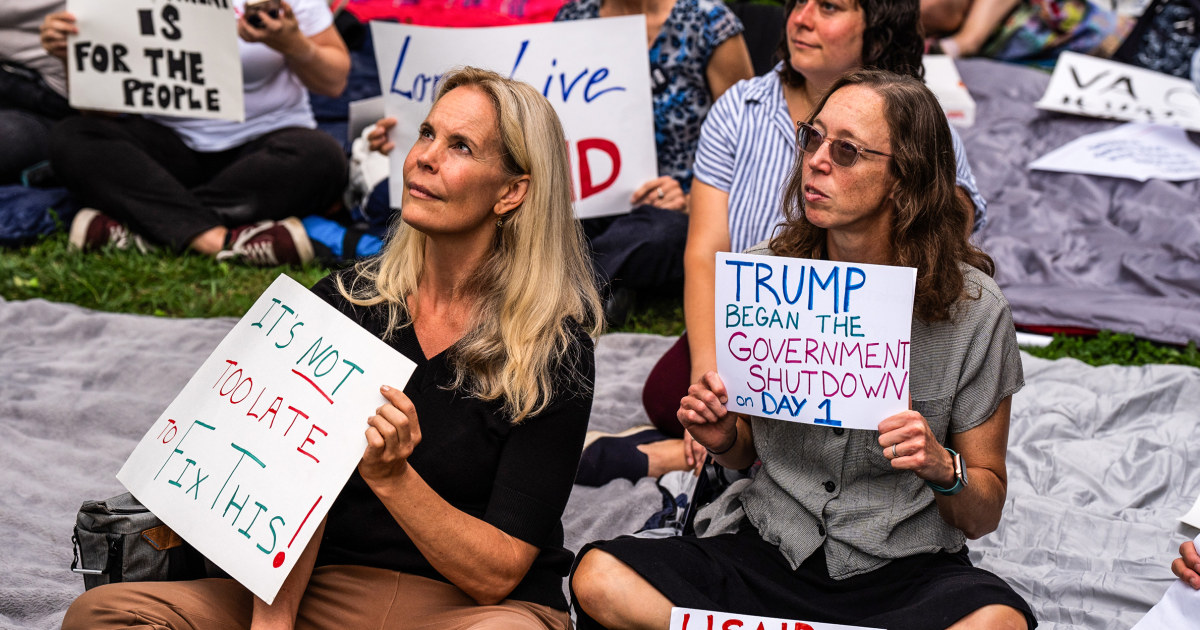


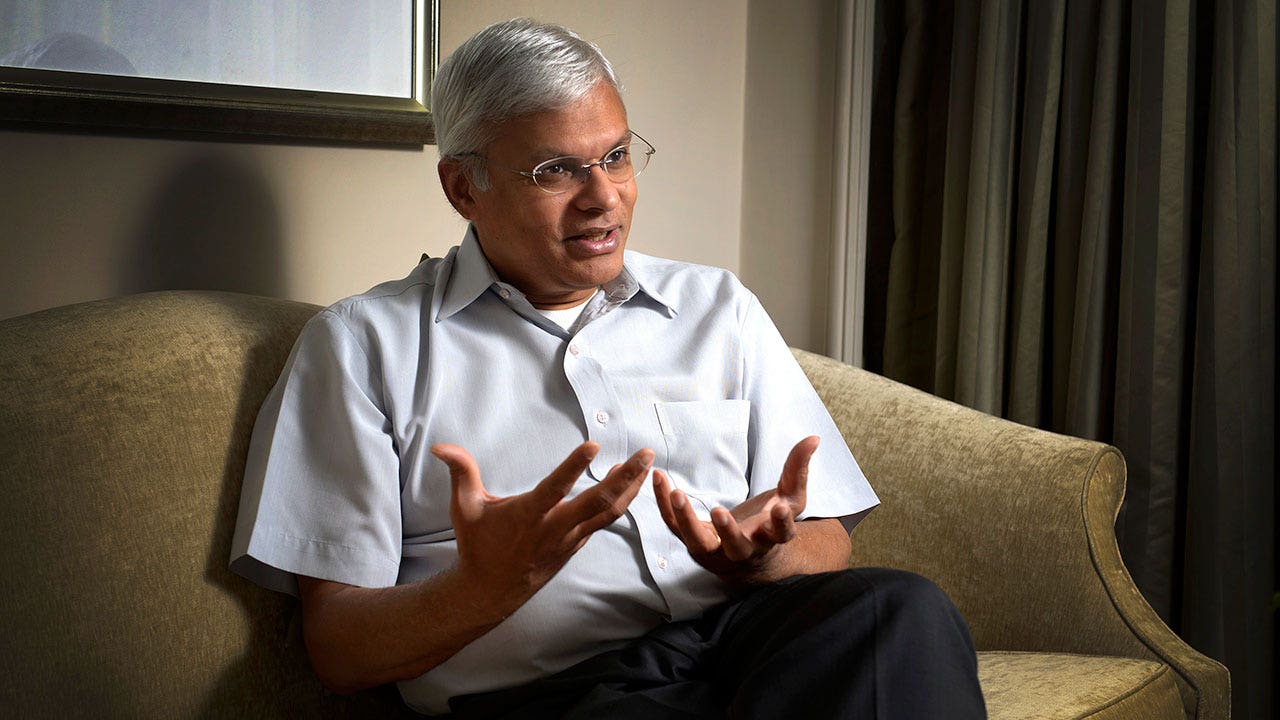
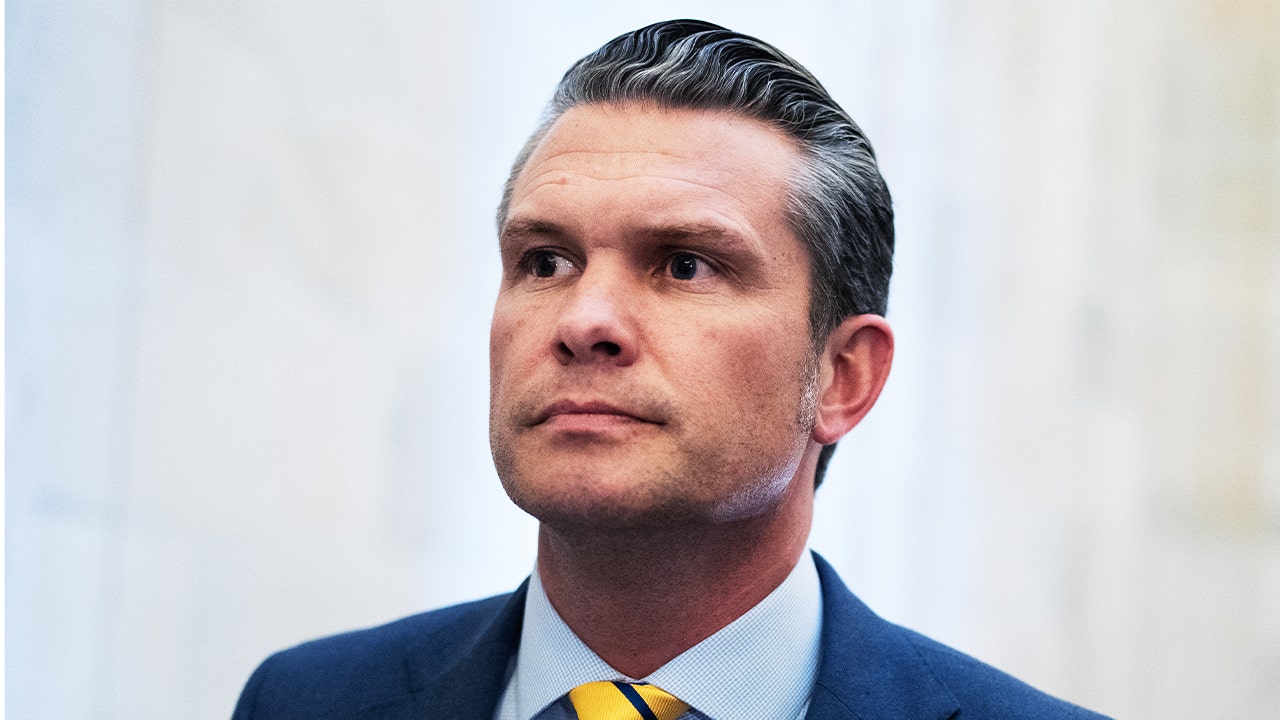
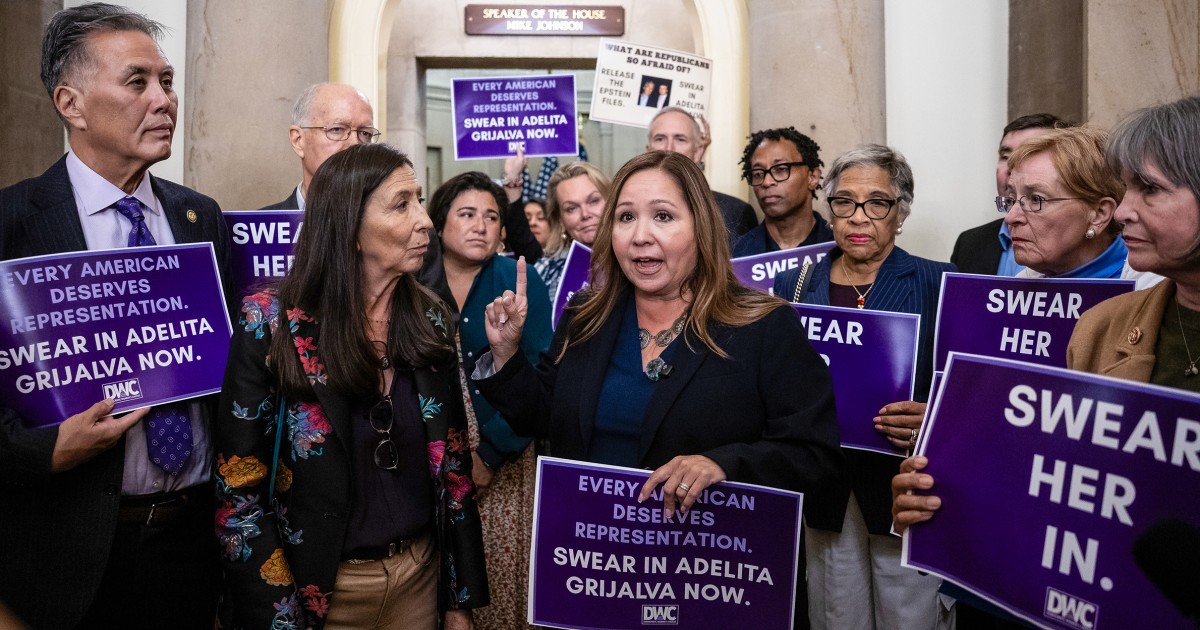

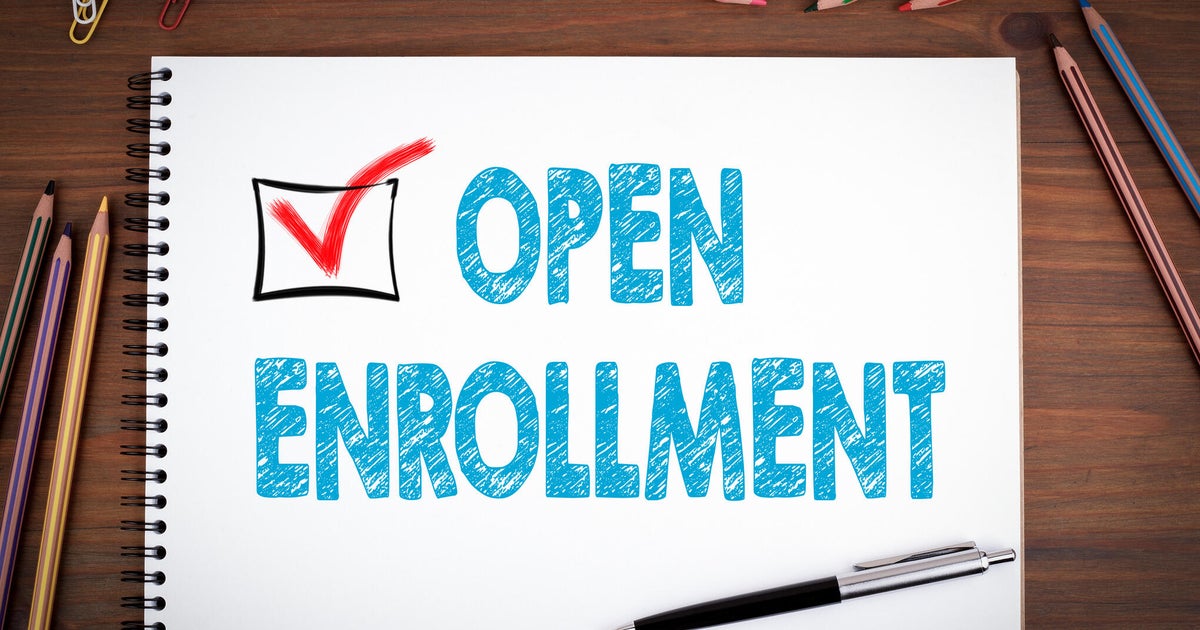
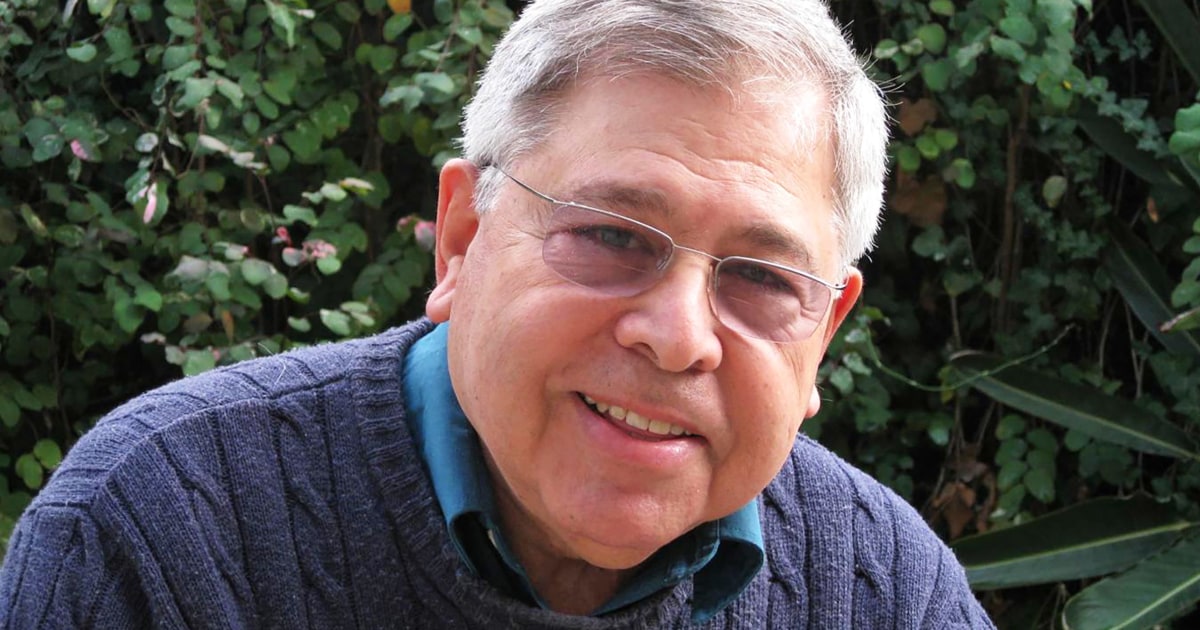
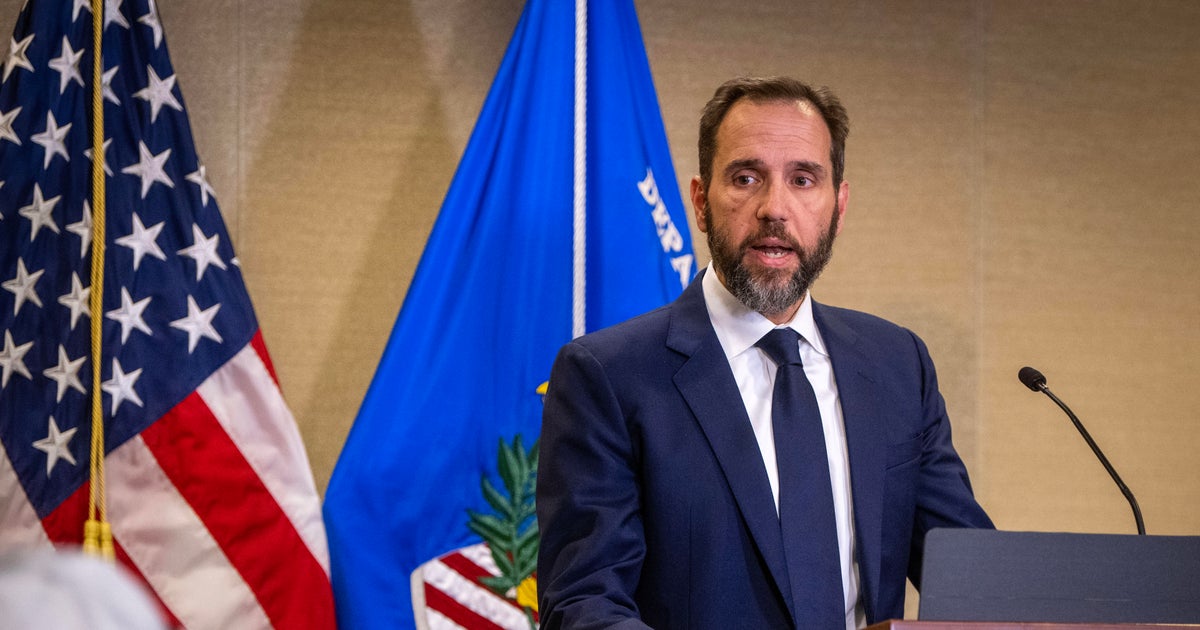











.jpeg)











 English (US) ·
English (US) ·